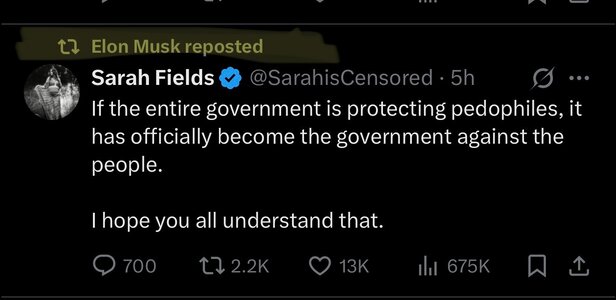You make a strong case for pragmatic liberalism and the concrete achievements of the Obama years. There’s no doubt those policies and moments of stability mattered a great deal. Saving the country from the Great Recession, passing health care reform, Wall Street reform, and other advances were real, tangible wins that had a meaningful impact on millions of people. The repeal of Don’t Ask Don’t Tell, increased funding for HBCUs, and ending the Iraq War were also important steps forward. And yes, the stakes in 2016, especially the Supreme Court, were enormous, making that election absolutely critical.
At the same time, we have to be honest about the limits and failures of that era as well. The slow pace of economic recovery left many working-class communities behind, especially in rural and post-industrial areas. The opioid epidemic exploded in many parts of the country without an effective federal response for years. The criminal justice system saw some reforms but continued to disproportionately punish Black and brown communities. Immigration reform stalled despite promises, leaving millions in limbo. And the financial reforms, while necessary, didn’t go far enough to break the hold of Wall Street and big banks.
This mix of progress and frustration helps explain why many on the left felt alienated, seeking alternatives beyond the Democratic Party’s centrist establishment. That sense of a party too cozy with corporate interests and too slow to address deep-rooted inequalities was a real and lived experience for millions.
Where I think we might differ is on how to balance pragmatism with the need for politics that actually inspires and mobilizes people who feel left behind or ignored. Is it possible that without a compelling vision that feels transformative and relevant to everyday people, even pragmatic gains risk being fragile or reversed? That’s a real tension, and it’s one I think we have to wrestle with honestly.
Your point about “all or nothing” idealism muting progress is well taken. We’ve seen time and again how purity tests and internal divisions can hurt movements and lead to missed opportunities. But I also think it’s worth acknowledging that what looks like utopian idealism to some is, for others, a matter of fundamental justice and survival; a refusal to settle for scraps when whole communities continue to suffer.
The real challenge, it seems to me, is how to build broad coalitions that can both win tangible, pragmatic reforms and push for systemic change without fracturing or alienating crucial parts of the electorate. That might mean finding new ways to connect policy with people’s lived experiences, and building a politics that’s both aspirational and grounded.
Looking forward to hearing your further thoughts once you’re done with that last drink. Cheers!





